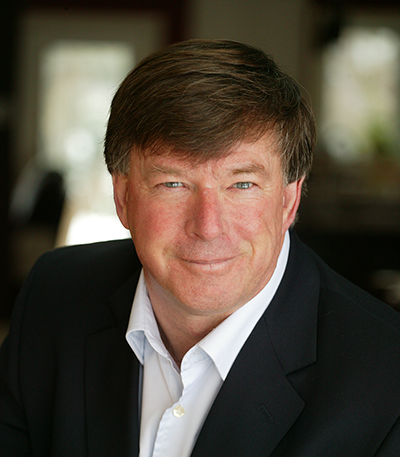Patient and Family Advisors: Making a world of difference during COVID

While the pandemic has profoundly changed the way care is delivered, it has also reinforced the importance of having the voices of patients and families involved in the decisions North York General Hospital (NYGH) makes about meeting the needs of the community.
The Patient and Family Advisor (PFA) program at North York General reflects our commitment to providing patient- and family-centred care. Patient engagement is a part of the hospital’s culture and the voices of our PFAs ensure all areas of the hospital are shaped by those who receive care from us.
For the past year and a half, Bruce Hunter, a marketing and strategy executive, has been volunteering at NYGH as a PFA. Bruce is one of our 43 PFAs and since COVID hit, he has found himself busier than ever helping to guide the hospital’s decisions around providing care during the pandemic.
“Because of my background in marketing, I am passionate about the importance of starting with the consumer and working back,” says Bruce. “In health care, decisions should start with asking ‘how does this affect the patient and will this change ultimately make their care safer and enhance their experience?’”
Bruce is a second-generation NYGH volunteer and has a unique connection to the hospital. He was one of the first male volunteers at NYGH on the paediatric floor, when they were referred to as “candy stripers”. Bruce’s mother also volunteered for 25 years in the hospital’s emergency department.
Up until March 2020, Bruce was working on several different projects at NYGH, including the West Lobby refresh. His projects have multiplied since COVID arrived.
“Just when I thought things would slow down because of the pandemic, the hospital’s senior leadership chose to push forward with priority projects and continued with PFA engagement,” says Bruce. “Being a PFA during COVID was definitely an adjustment. It is not as easy to establish relationships online as it is in person – suddenly you are looking at little pictures of 20 different people on your computer screen, trying to remember everyone’s name.”
At first Bruce wondered how he would voice his opinion in this new setting, but he quickly found that teams were just as interested in his views and receptive to his feedback online as they were in person. PFAs have been an essential part of NYGH’s Service Recovery Working Group, and developing our Virtual Family Visit program, designated visitor booking tool and public screening process, among other activities.
“The response to my participation has been unbelievable during COVID-19,” says Bruce. “Everyone is very appreciative of the perspective I bring to the table and respectful of what I have to contribute.”
Helping to solve challenging problems or simplifying complex processes is what makes the PFA role gratifying for Bruce and others who volunteer their time at the hospital. To prepare for meetings, they are provided with the same background material as staff and are expected to help challenge the status quo with their questions and ideas.
“Having patients and families at the table who have lived experience makes sense, as they are seeing things with fresh eyes,” says Bruce. “We know what it is like to walk through the doors of a hospital feeling overwhelmed and unsure. Our lived experience gives us the expertise on how to best provide information and services in meaningful ways that make sense when people may not be feeling their best. When this is done right, it can make a world of difference when patients and families need it the most.”
